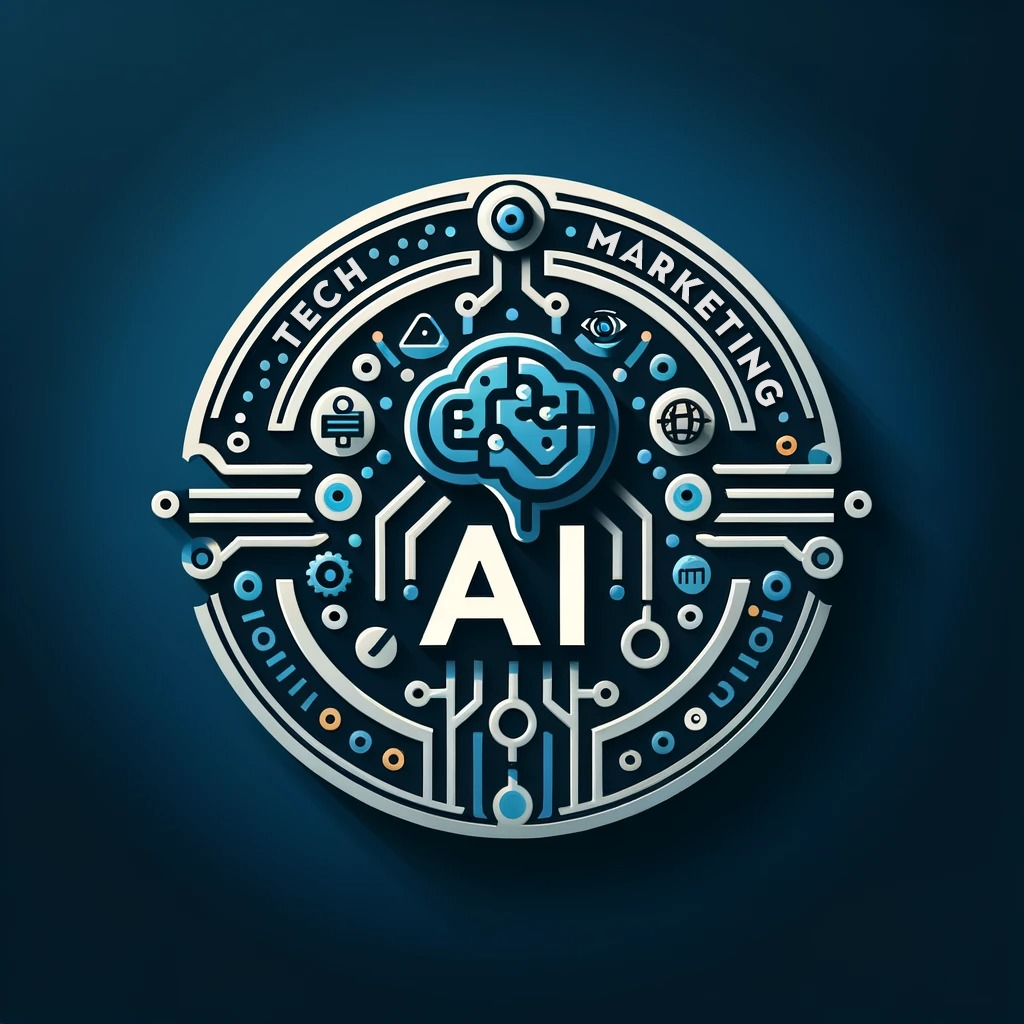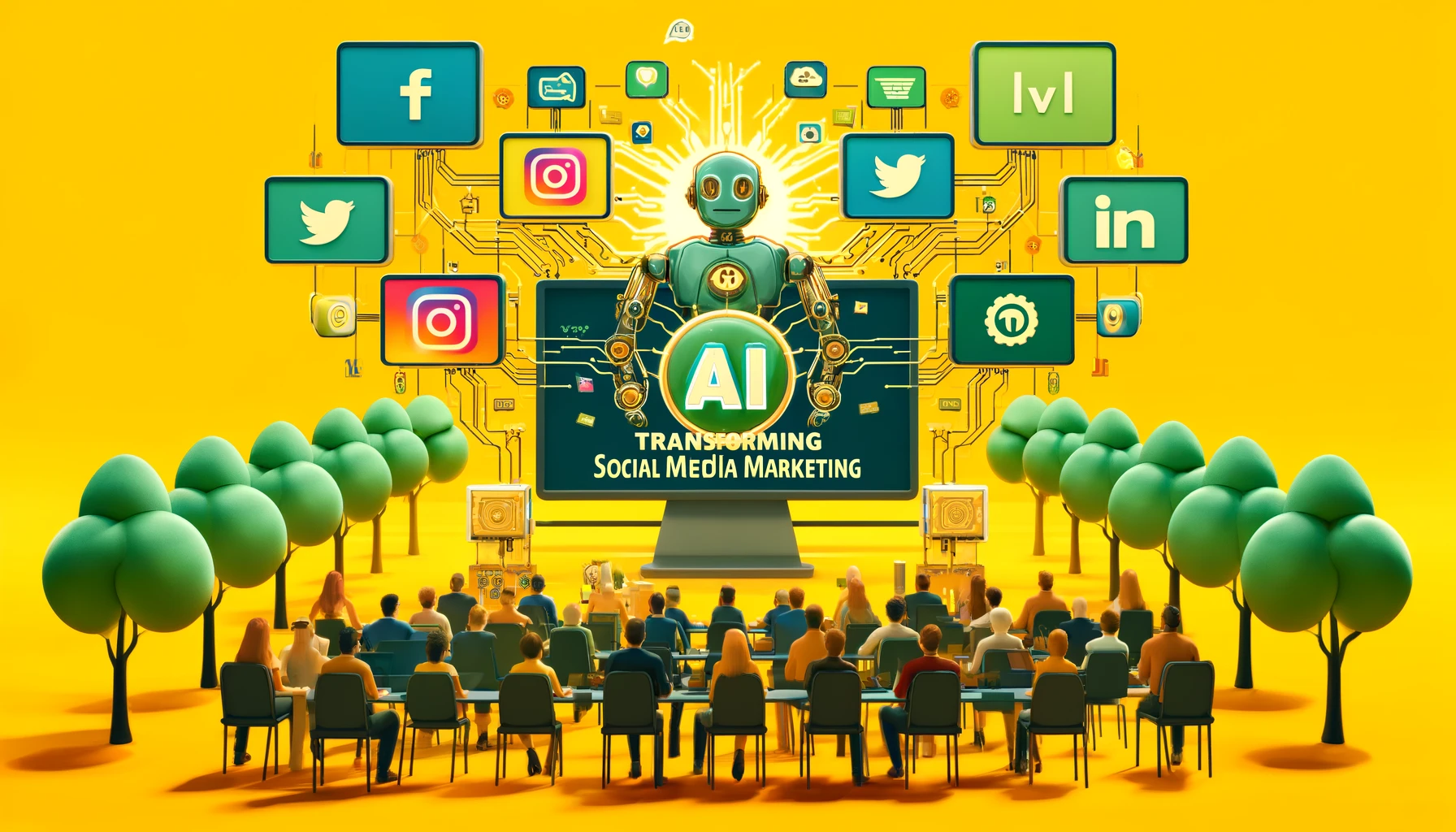Introduction
Social media marketing has evolved dramatically over the past decade. With the advent of artificial intelligence (AI), this evolution has accelerated, offering marketers unprecedented tools and capabilities. AI innovations are transforming how businesses interact with audiences, analyze data, and strategize campaigns. This blog explores the latest AI innovations in social media marketing, comparing pre-AI practices with the post-AI landscape and highlighting the transformation in key markets such as the USA, UK, Canada, Australia, and Europe.
Pre-AI Social Media Marketing
Before the integration of AI, social media marketing was predominantly manual and labor-intensive. Key challenges included:
- Content Creation: Marketers had to manually create and schedule posts, which was time-consuming.
- Audience Analysis: Understanding audience preferences relied on basic analytics and guesswork.
- Customer Interaction: Responding to customer inquiries and comments was entirely manual.
- Ad Targeting: Ad campaigns were less precise, relying on broad demographic data.
- Trend Monitoring: Identifying trends required constant manual monitoring and analysis.
Post-AI Innovations in Social Media Marketing
AI has revolutionized social media marketing in numerous ways, streamlining processes, enhancing accuracy, and enabling more personalized interactions. Here are the key innovations:
1. AI-Powered Content Creation and Curation
- Automated Content Generation: AI tools like GPT-4 can generate high-quality content for social media posts, blogs, and ads. This reduces the time and effort required for content creation.
- Content Curation: AI algorithms can curate relevant content for social media feeds, ensuring that users see posts that match their interests.
Example: Before AI, a marketer in the USA would spend hours writing and scheduling posts. Now, AI tools can generate and schedule posts in minutes, freeing up time for strategy and engagement.
2. Advanced Audience Analysis and Segmentation
- Predictive Analytics: AI can analyze past behaviors to predict future actions, allowing marketers to tailor their strategies more effectively.
- Sentiment Analysis: AI tools can analyze social media conversations to gauge public sentiment towards a brand or campaign.
Example: In the UK, a company like ASOS uses AI to analyze customer data and predict purchasing trends, enabling more targeted marketing efforts.
3. Enhanced Customer Interaction and Support
- Chatbots and Virtual Assistants: AI-powered chatbots provide instant responses to customer inquiries, improving response times and customer satisfaction.
- Personalized Recommendations: AI can offer personalized product recommendations based on individual user behavior.
Example: In Canada, businesses like Shopify utilize AI chatbots to assist customers, providing 24/7 support and freeing up human resources for more complex tasks.
4. Precise Ad Targeting and Optimization
- Dynamic Ad Creation: AI can create personalized ads based on user data, increasing relevance and engagement.
- Real-Time Ad Optimization: AI tools can monitor ad performance in real-time and adjust strategies to maximize ROI.
Example: In Australia, companies like Qantas use AI to deliver personalized travel ads, optimizing them in real-time based on user interactions.
5. Trend Identification and Predictive Analysis
- Trend Analysis: AI can identify emerging trends by analyzing vast amounts of social media data, allowing marketers to stay ahead of the curve.
- Predictive Modeling: AI can forecast future trends and consumer behaviors, aiding long-term strategic planning.
Example: European fashion brands like Zara use AI to identify and capitalize on emerging fashion trends, ensuring their collections meet current consumer demands.
Transforming Social Media Marketing: A Closer Look
USA
In the USA, AI has become integral to social media marketing strategies. Companies like Amazon and Netflix leverage AI for personalized content recommendations, significantly enhancing user engagement. AI-powered tools such as Hootsuite and Sprout Social help businesses automate their social media management, analyze performance, and refine their strategies based on data-driven insights.
UK
In the UK, AI is driving significant advancements in targeted advertising and customer engagement. Retailers like Tesco and Marks & Spencer use AI to analyze customer data, personalize shopping experiences, and optimize their marketing campaigns. AI tools are also being used to monitor social media sentiment, allowing brands to respond swiftly to consumer feedback and maintain a positive brand image.
Canada
Canadian businesses are increasingly adopting AI to improve their social media marketing efforts. Companies like Shopify use AI-driven analytics to understand customer behavior and tailor their marketing strategies accordingly. AI chatbots are also widely used to provide instant customer support, improving overall customer satisfaction.
Australia
In Australia, AI is transforming how businesses approach social media marketing. Companies like Qantas and Telstra utilize AI for personalized marketing, ensuring their messages resonate with individual users. AI-powered analytics tools help these businesses track and measure the effectiveness of their campaigns, enabling continuous optimization.
Europe
Across Europe, AI is playing a crucial role in enhancing social media marketing. Brands like Zara and H&M use AI to predict fashion trends and tailor their marketing strategies to align with consumer preferences. AI tools also assist in automating content creation and curation, ensuring that brands maintain a consistent and engaging online presence.
Key Innovations in Detail
1. AI-Driven Influencer Marketing
AI helps brands identify the most suitable influencers for their campaigns by analyzing engagement metrics, audience demographics, and content relevance. This ensures more effective collaborations and maximizes the impact of influencer marketing efforts.
Example: In the UK, brands like L’Oréal use AI to select influencers whose followers align with their target audience, resulting in more successful campaigns.
2. Visual Recognition and Image Analysis
AI-powered visual recognition tools can analyze images and videos to understand their content and context. This enables brands to track how their visual content is being used across social media platforms and measure its impact.
Example: In Canada, AI tools help brands like Lululemon analyze user-generated content to understand how their products are being showcased and perceived by consumers.
3. AI for Social Listening
AI enhances social listening capabilities by monitoring social media conversations and identifying relevant trends and topics. This allows brands to stay informed about what their audience is talking about and adjust their strategies accordingly.
Example: In Australia, brands like Woolworths use AI for social listening, helping them stay connected with consumer preferences and respond to emerging trends promptly.
The Future of AI in Social Media Marketing
As AI technology continues to advance, its role in social media marketing will only grow. Future innovations may include:
- Hyper-Personalization: Even more precise targeting and personalization based on real-time data.
- Advanced Predictive Analytics: Enhanced forecasting capabilities to predict consumer behavior with greater accuracy.
- Improved AI Ethics: Development of ethical AI frameworks to ensure transparency and fairness in AI-driven marketing practices.
Conclusion AI has undeniably transformed social media marketing, offering marketers powerful tools to enhance their strategies and achieve better results. From content creation and audience analysis to customer interaction and ad targeting, AI innovations have streamlined processes and improved accuracy across the board. As businesses in the USA, UK, Canada, Australia, and Europe continue to adopt AI, the future of social




